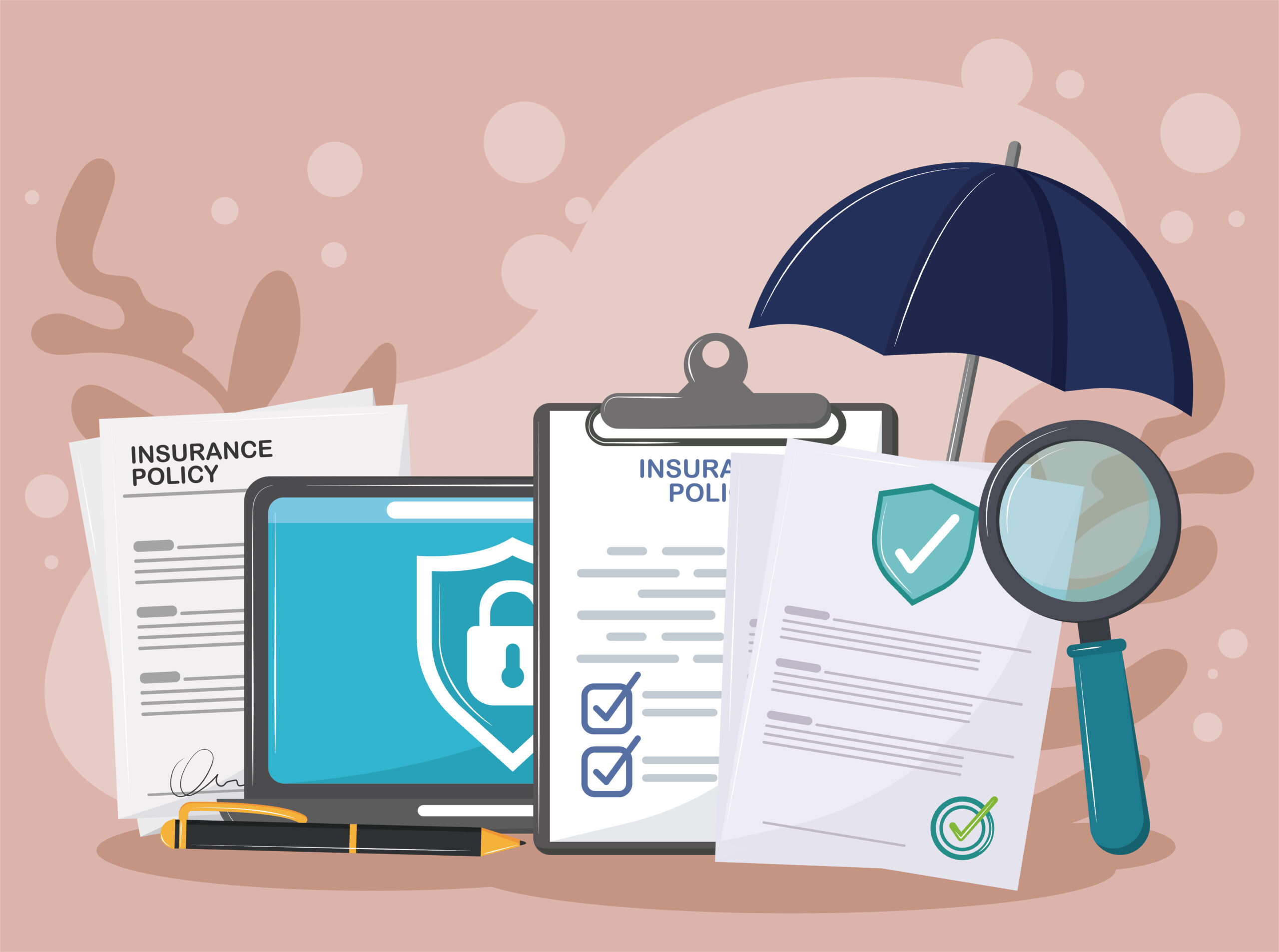Choosing the right insurance plan is crucial for securing your financial future and protecting yourself and your loved ones from unforeseen risks. However, many people struggle to find the right balance between adequate coverage and affordable premiums. Overpaying for insurance can drain your finances, while underinsuring can leave you vulnerable in difficult times. This guide will help you navigate the process of choosing the right insurance without paying more than you should.
Understand Your Insurance Needs Clearly
The first and most important step is to understand exactly what type of insurance you need. Insurance comes in many forms—health, life, auto, home, disability, critical illness, and more. Assess your personal situation.
- What risks are you most exposed to?
- Do you have dependents who rely on your income?
- How much coverage do you realistically need based on your financial goals and liabilities?
- What can you afford to pay as monthly or annual premiums?
Knowing the answers helps you focus on policies that fit your specific needs and avoid unnecessary add-ons or coverage.
Compare Multiple Insurance Providers and Plans
Never buy insurance from the first company you come across. The insurance market is competitive, and companies offer different premiums, coverage limits, and benefits. Use online comparison tools or consult insurance brokers to compare:
- Premium costs
- Sum insured or coverage amount
- Policy features and riders
- Claim settlement ratio (how reliably the company pays claims)
- Customer service quality
This process ensures you get the best value for your money.
Go for Term Life Insurance If You Require Life Cover
For life insurance, term plans usually offer the best coverage for the lowest price. They provide pure risk coverage for a specific period (like 20 or 30 years) and pay a death benefit if the insured dies during the term. Term insurance does not build cash value but keeps premiums affordable. Unless you want investment or savings components, term insurance is the most cost-effective way to protect your family.
Avoid Over-Insuring Yourself
Buying more coverage than necessary leads to high premiums without proportional benefit. Calculate your financial obligations carefully.
- Outstanding debts like home loans and personal loans
- Future education expenses for children
- Daily living expenses for dependents
- Emergency funds
Choose coverage that comfortably meets these needs but does not leave large unused amounts.
Choose Flexible Policies with Add-Ons
Insurance plans that offer riders or add-ons allow you to customize your coverage. For example, adding critical illness cover or accidental death benefit only if you need them. This flexibility helps avoid paying for irrelevant coverage and keeps premiums down.
Understand Policy Terms Thoroughly
Many people skip reading the fine print and later face denied claims or unexpected charges. Review details like
- Waiting periods before certain benefits start
- Deductibles or co-payment requirements
- Coverage exclusions
- Claim filing procedures
A clear understanding avoids surprises and helps select policies with fair terms.
Maintain Good Health and a Clean Record
Insurance companies reward healthy individuals with lower premiums. Quit smoking, maintain a healthy weight, and manage chronic conditions well. For auto insurance, a clean driving record lowers your premium. Good health and habits mean fewer risks for insurers, so they charge less.
Review and Update Your Insurance Periodically
Your insurance needs change with life stages—marriage, children, job changes, or buying property. Regularly review your policies to adjust coverage or premiums accordingly. Avoid overpaying for outdated plans or lacking coverage in important areas.
Seek Professional Guidance if Needed
If the insurance world feels complicated, don’t hesitate to get advice from a trusted insurance advisor or financial planner. They can analyze your situation, suggest the best products, and help avoid costly mistakes or overpayments.
Conclusion
Choosing the right insurance without overpaying is about understanding your needs, shopping wisely, and making informed decisions. Avoid unnecessary coverage, compare multiple options, and pick flexible plans that suit your lifestyle and budget. With careful planning and regular reviews, you can secure your health and financial future without stretching your finances.
